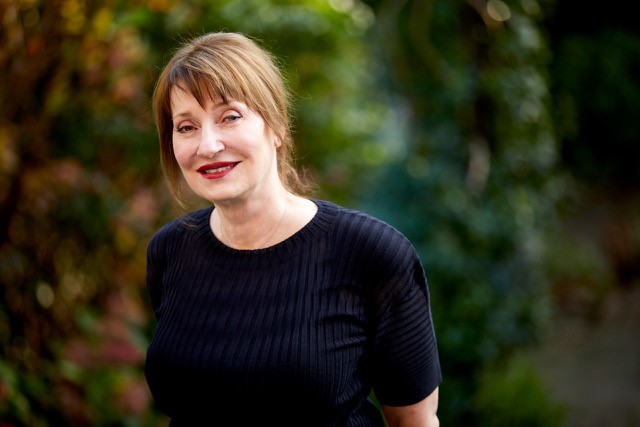 What you have written, past and present.
What you have written, past and present.
I’ve written eight novels, a number of short stories, and I also write for newspapers, here in the UK and in my native Sweden.
What you are promoting now.
We authors prefer to think that we’re not so much promoting as drawing your attention with cunning and stealth, but leaving that to one side, my new novel, On Hampstead Heath is just out so, of course, I want everyone to know about it. It’s a novel about Truth and its ugly stepsister, Fake News and it tells a news story written and filed, in haste and a haze of gin, by my otherwise principled journalist protagonist, Thorn Marsh. Written and deeply regretted the morning after, by which time the story of the Angel of the Heath has gone viral and it’s all Thorn can do to survive the fall-out. It’s a serious book, at heart, but also, I hope, fun to read.
A bit about your process of writing.
Slow, is the best way of describing it. On Hampstead Heath, at some 240 pages, is a relatively short novel, but it, or variations of it, took me the best part of ten years, and some several thousand discard pages, to write. Not all my books have proven so challenging to write but the process is similar with each one: I dream and think and make notes by longhand. (I’ve discovered a wonderful make of notebooks called Leuchtturm, they’re a bit like Moleskin but even nicer.) A filled notebook or two later, I sit down to write the book proper, always straight onto my laptop. My handwriting is too painfully bad to lend itself to long-form. I then go back over and over the same fifty or so pages, perfecting every last word. I eventually progress, only to realise that most of those preceding pages are now redundant to the story and have to be discarded. It’s not so much “kill your darlings” as the Texas Chain Massacre.
What About Word Count.
I think more in terms of pages, but on average, I suppose I write between six and eight hundred words a day.
How do you do your structure.
Part of it is intuitive; I build my structure as I go along. Then, with each ensuing draft (I do at least ten complete drafts before I get to a version that I feel I can send to my agent and editor), I cut and paste and shape and shift. Finally, I print out and go through the entire manuscript, notebook in hand, for a final shaping of the text.
What do you find hard about writing.
I think an easier question, in my case, would be, What don’t you find hard about writing? To which the answer would be, the point where I’ve worked myself into near insanity over a number of months, or even years, to find the story really is beginning to take on a life of its own. By then I know my characters as well, or better than I know myself, and subsequently, the writing flows.
What do you love about writing?
That final push, and the rare eureka moments when I look over a paragraph just written and think, “That’s not bad, not bad at all!”.
On Hampstead Heath by Marika Cobbold is out in hardback by Arcadia.

